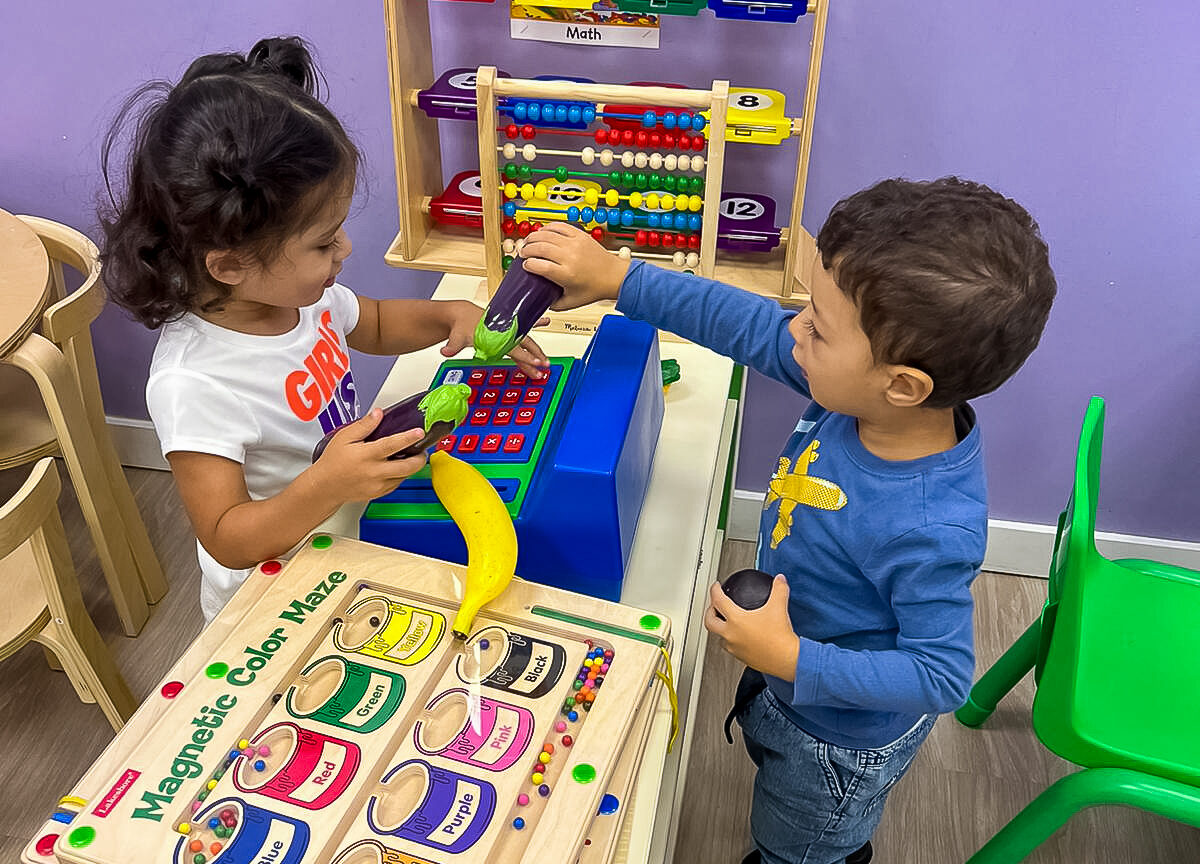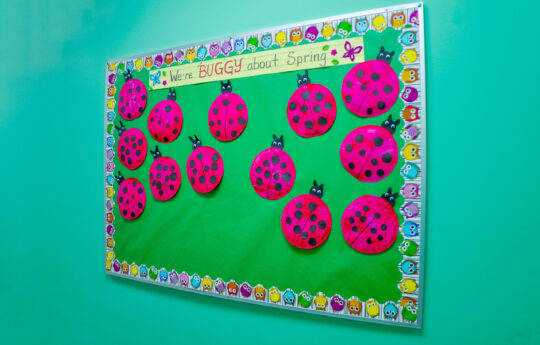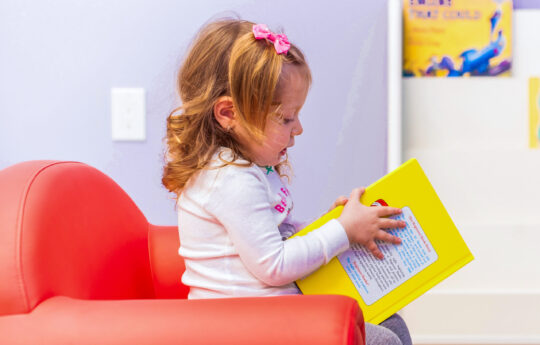
The problem of modern education is the loss of interest in learning among many students. Why is this happening? Teachers often ignore the way children learn through play. The reasons for this negative phenomenon are ambiguous:
- overload with monotonous educational material;
- the imperfection of methods, techniques, and forms of organization of the educational process;
- limited opportunities for creative self-management.
Teaching is a pleasure, not just a duty, it can be learned with passion, and not just out of a sense of duty.
How do children learn through play?
The youngest school age is characterized by lightness and immediacy of perception, ease of getting into images. Children freely participate in any activity, especially in the game.
One of the effective means of developing interest in the topic is a didactic game:
- helps relieve the feeling of fatigue;
- reveals children’s abilities, their individuality;
- improves involuntary memory.
Therefore, game technology is the most relevant for a primary school teacher, especially when working with the first school years. The first year of study is a year of dedication and is extremely important for the formation of game activity, play, and universal learning.
At this age, children have a smooth transition from play to learning activities. This transition is possible only with the intensive formation of all kinds of universal actions.
What is the importance of learning through play?
Gaming technologies are one of the unique forms of learning that make students’ work interesting and exciting not only on a creative and searching level but also in the everyday stages of teaching subjects.
The fun of the conditional world of the game colors it emotionally in a positive way, and the emotionality of the action of the game activates all the mental processes and functions of the child.
Another positive side of the game is that it promotes the use of knowledge in a new situation, thanks to which the material learned by the students goes through a kind of practice, bringing variety and interest to the learning process.
The relevance of the game is currently increasing due to the oversaturation of the modern world with information. All over the world, the information environment on this topic is expanding enormously.
Television, video, radio, computer networks have recently been bombarding students with a lot of information. The real task of the school is to develop self-assessment and selection of the information received.
How does play stimulate learning?
The game activity in the learning process fulfills the following functions:
1) The function of learning is to develop memory, attention, perception of information, development of skills and general educational skills, and also contributes to the development of problem-solving skills.
The desire to solve these problems sharpens the mental activity of students. The game contains rich educational opportunities.
2) The educational function is to educate such a quality as an attentive and human attitude towards a partner in the game; it also develops a sense of mutual help and mutual support.
3) The entertainment function is to create a favorable atmosphere in the lesson, turning the lesson into an interesting and unusual event, an exciting adventure, and sometimes a fairy-tale world.
4) Relaxation function: elimination of emotional stress caused by tension in the nervous system during an intensive study of new information.
5) Psychological function consists in the formation of abilities to prepare the physiological state for more effective activity. What we mean by learning through play helps to restructure the psyche to assimilate large amounts of information.
It is also worth noting here that psychological training of various personality manifestations is carried out on game models that can be close to life situations (in this case, we can talk about a role-playing game).
7) The development function is aimed at the harmonious development of personal qualities to activate the individual’s reserve capacities.
How to support children’s play?
When organizing the process of the game, parents and educators must take into account important points of why play is important for young children. It ensures the greatest benefit of this activity for development.
- Reserve enough time to play. Children need a certain amount of time to master the game, relax and gain the necessary pleasure and skills. They tend to get angry when the game is suddenly or prematurely interrupted.
- Playing activities should be varied to develop different types of skills in children. How do toddlers learn through play? They are eager to explore something new in many different exciting ways.
- It is good when parents, educators, and teachers participate in the game together with the children. In most cases, children play well alone or with their peers, but sometimes their educational experience can benefit from adult feedback and participation.
A variety of studies conducted by psychologists and educators demonstrate how play enhances learning. Children who are actively involved in the game process, in various types of children’s creativity, as a rule, are happier, more sociable, and creative.
They have a richer vocabulary, they interact better with their peers, adults, and elements of the world around them. The activity of the game and the creativity of children lay the foundation for further learning, opening the door to a world of new creative opportunities for the child.




